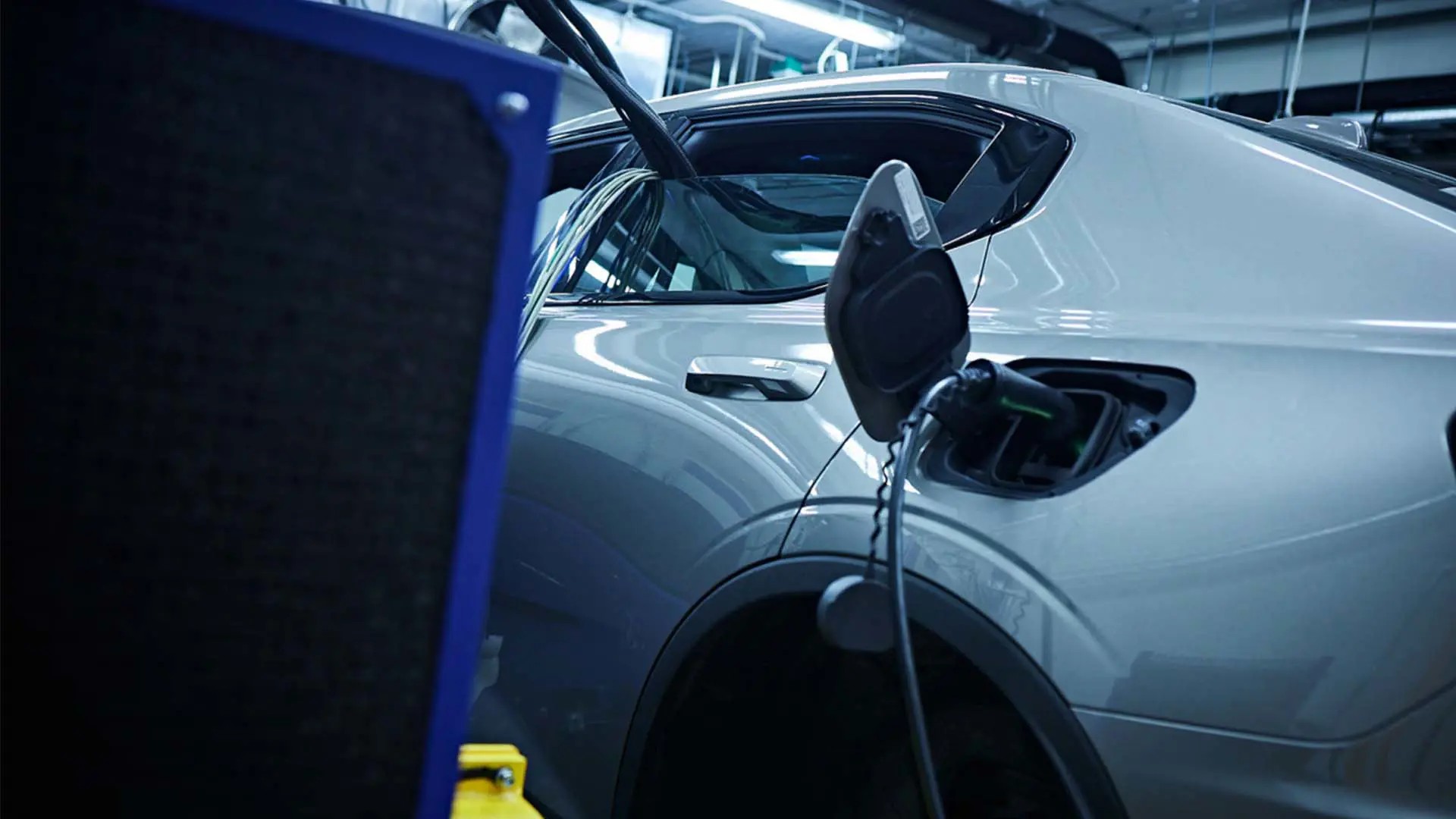
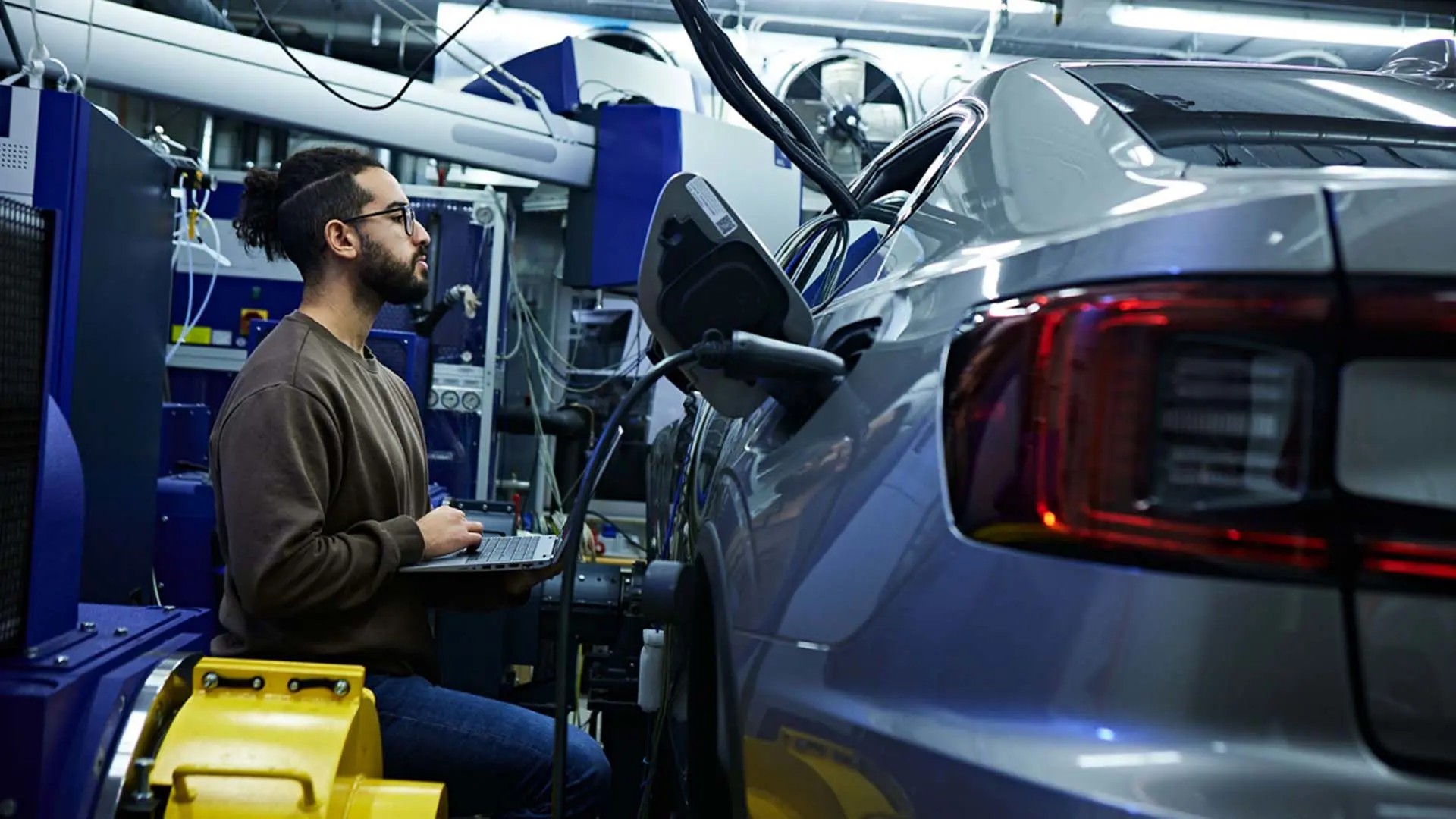
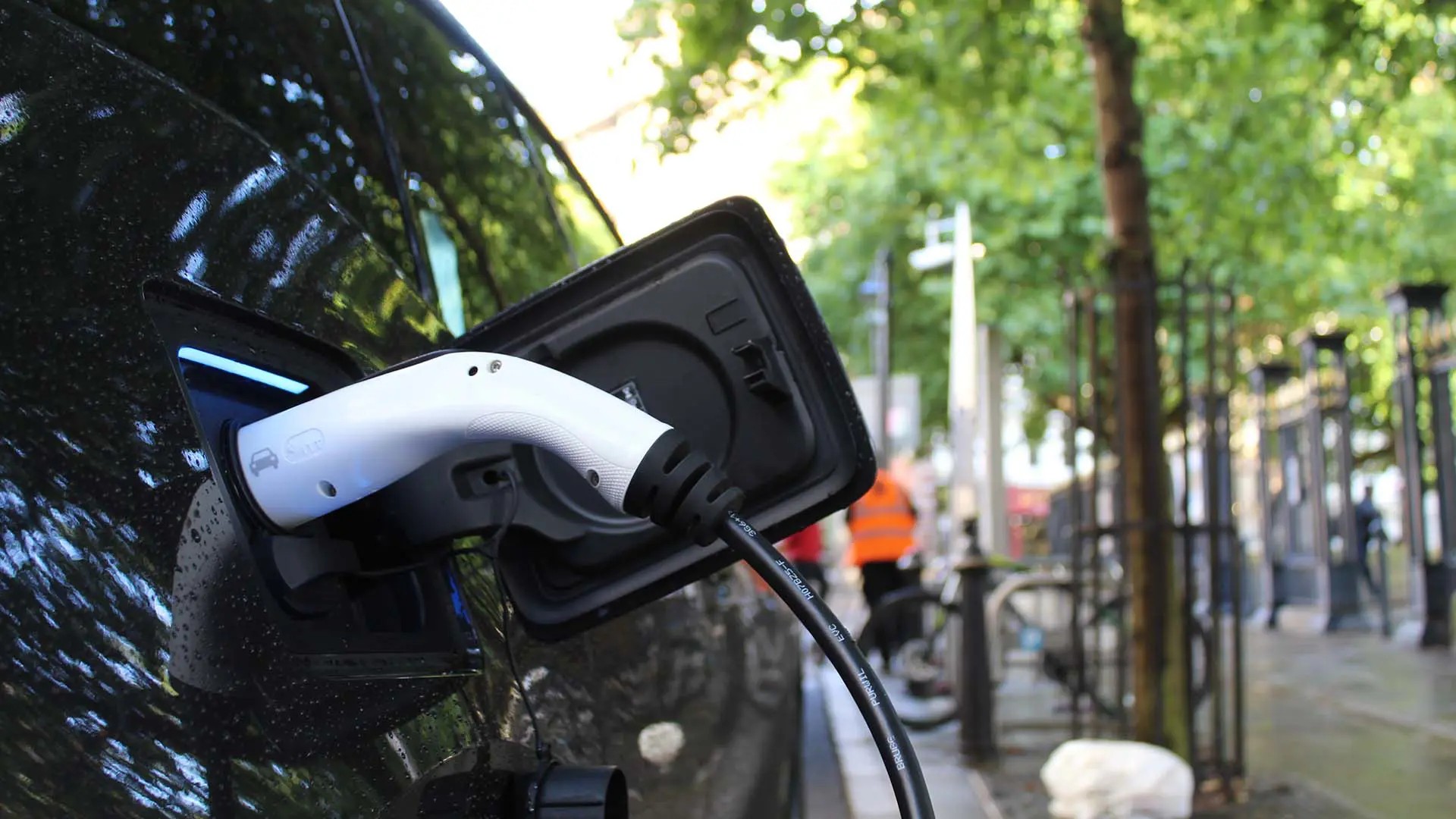
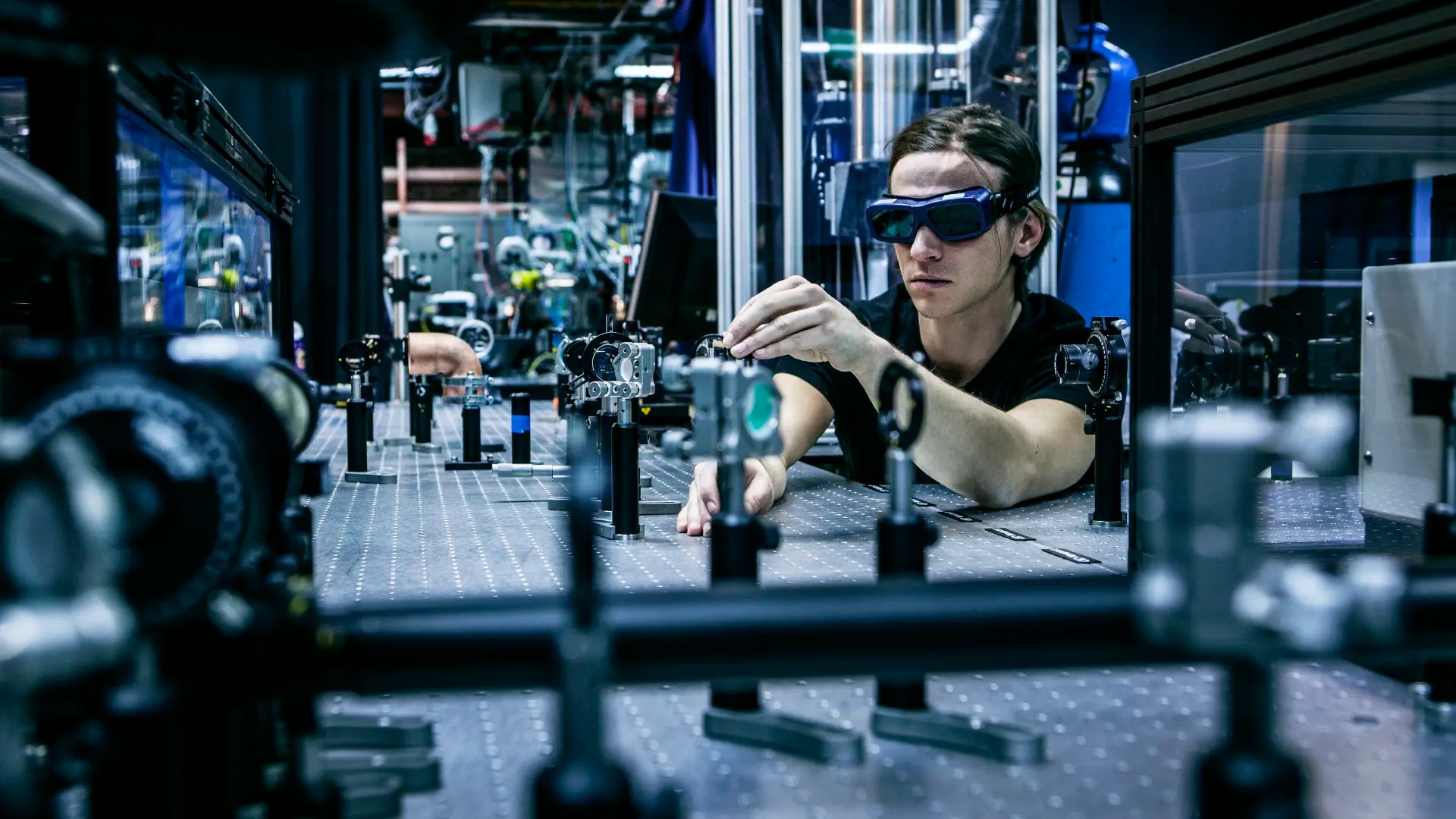
Fuel-efficient propulsion systems powered by renewable fuels are an important piece of the puzzle for a sustainable and fossil-free transport sector. At the Division of Energy Conversion and Propulsion Systems, we have great expertise in the areas of combustion, electrification, fuel cell systems and air quality - expertise that is necessary to contribute to a sustainable future.
Contributes to a sustainable future
As we become more and more people on earth, the need for transport also increases. Unfortunately, today's transport sector is still largely dependent on fossil fuels and our climate is threatened. Through our research on Energy Conversion and Propulsion Systems (ECaPS), we contribute to a sustainable transport system, for a sustainable future. Our goal is clear - to enable sustainable transport with zero emission impact.
Simulation
Through simulation, we develop more predictive models for all kinds of systems that have to do with propulsion, such as system models, combustion/chemistry models, gas exchange models, EATS models and spray/gas jet models. We use CFD, 1D and 0D commercial codes and open-source codes. With the help of simulation, we explain phenomena and support our experimental research activities.
Laboratory for Sustainable Transport Solutions
ECaPS hosts a large laboratory for sustainable transport solutions, the Laboratory for Sustainable Transport Solutions, LaSTS. The laboratory is equipped with five engine test cells (multi- and single-cylinder engines, truck and car engines), a hybrid rig for electric vehicles and hybrid vehicles, as well as a multifunctional room. We also have an entire laboratory for advanced optical measurement methods, where we mainly analyze fuel spray and gas jets. For several years now, our focus has been on renewable fuels and electricity, and we have a hydrogen infrastructure that enables experimental research on hydrogen cars, engines, hydrogen jets and fuel cell systems.
Our research areas
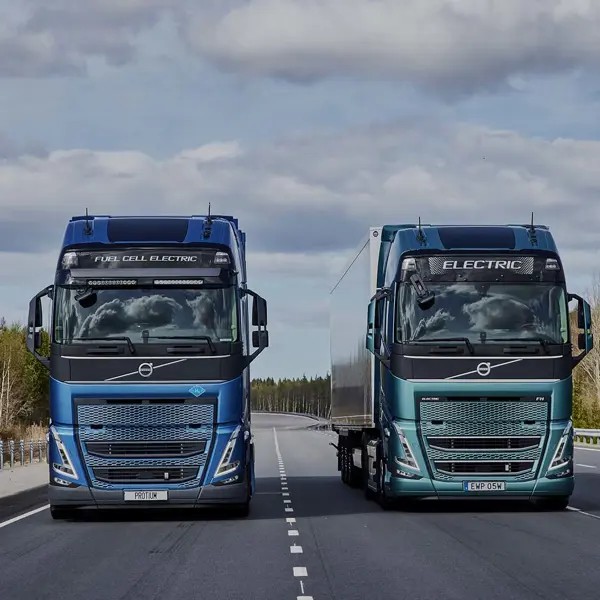
Fuel Cell Systems
The interest in fuel cell systems from the outside world is greatly increasing due to the zero-emissions requirement and the challenge relating to the range of electric trucks. The need for the research area has become even more urgent as a result of Chalmers' newly established competence center TechforH2, whose overall purpose is to develop new technology in hydrogen propulsion as a step in the transition to a fossil-free transport system.

Internal Combustion Engines
The Division for Energy Conversion and Propulsion Systems (ECaPS) has over decades built up world-class expertise in internal combustion engine research and internal combustion engines. For several years, the focus has been on renewable fuels, today primarily on hydrogen engines.

Electrification
Nearly the entire automotive and partly the heavy vehicle industry is converting to electrification. Here we can contribute with our hybrid lab to analyze propulsion systems consisting of electrical components.

Air Quality
With our research in air quality, we increase the knowledge of air pollutions, also those that are not related to exhaust gases from an internal combustion engine. Air pollution causes premature deaths, while brake, tire and road particles from vehicles are still a relatively unexplored area.
